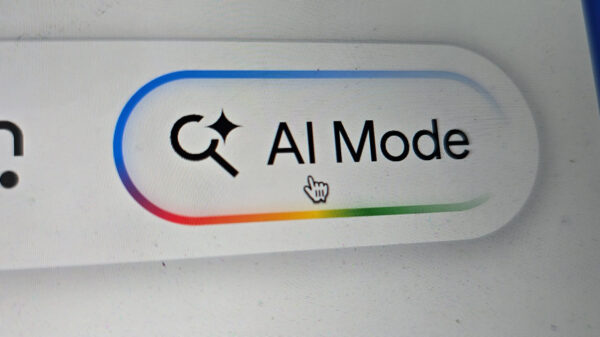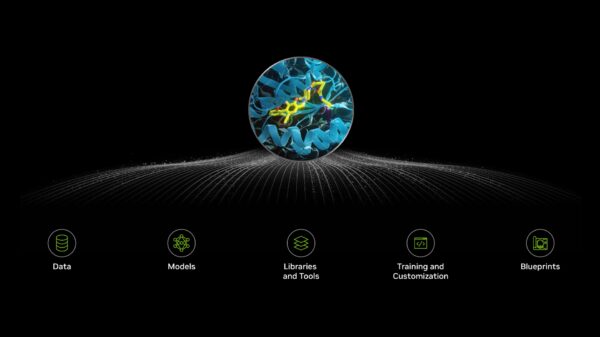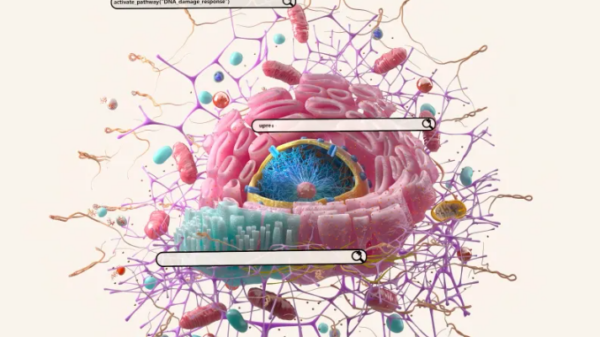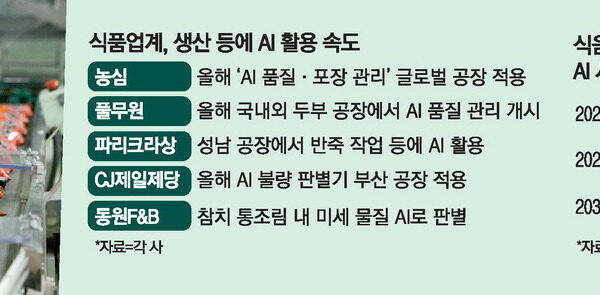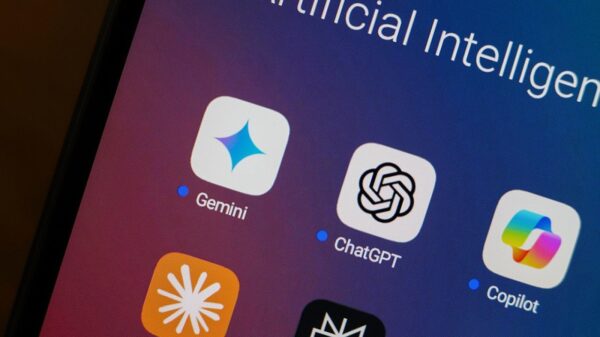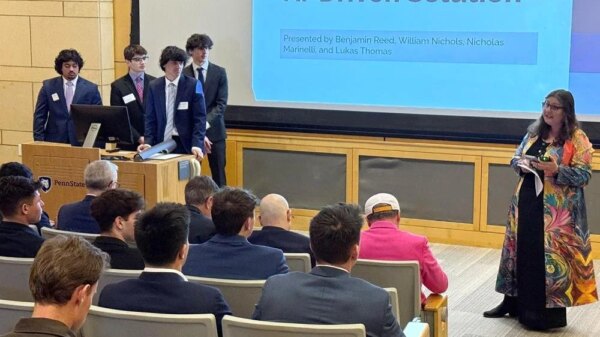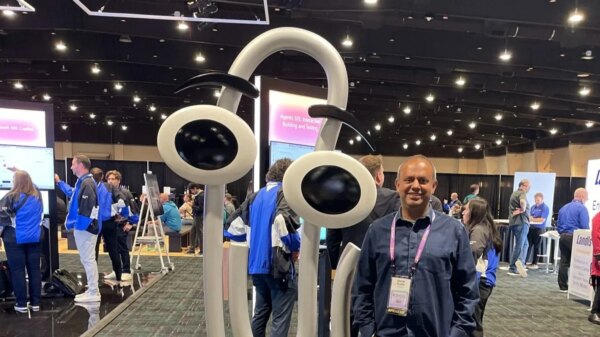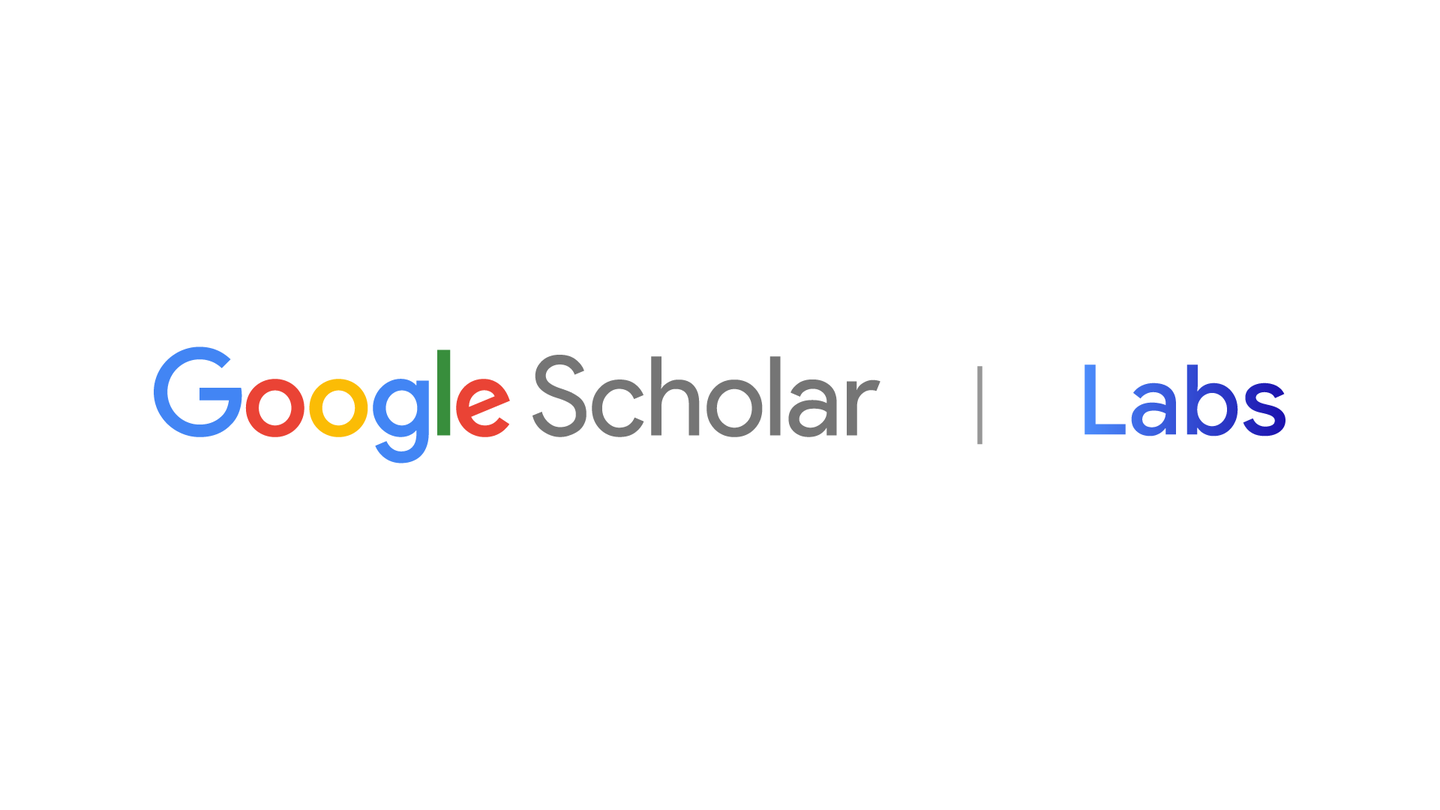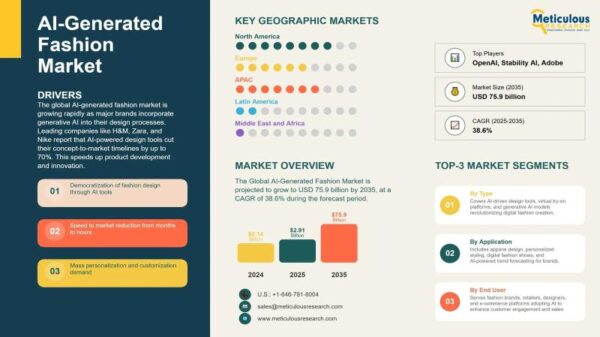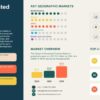Today marks the introduction of Google Scholar Labs, a groundbreaking feature that utilizes generative AI to enhance the way researchers approach complex scholarly questions. This innovative tool is designed to assist users in navigating intricate research inquiries by examining topics from multiple perspectives.
Powered by AI, Scholar Labs meticulously analyzes user questions to pinpoint essential topics, aspects, and relationships. It then conducts a comprehensive search across the Google Scholar platform to retrieve relevant academic papers. For instance, if a researcher is interested in understanding the impact of caffeine consumption on short-term memory, Scholar Labs can effectively identify and compile studies that explore the connections between caffeine intake, memory retention, and age-related cognitive effects. Following this analysis, the tool not only presents relevant papers but also clarifies how each contributes to answering the overarching research question.
Currently, access to Google Scholar Labs is limited to a select group of logged-in users. The phased rollout indicates that Google is keen to refine the tool based on early user experiences before a broader release.
Transforming Academic Research
Google Scholar Labs represents a significant evolution in academic research methodologies. Traditionally, scholars have had to sift through vast amounts of literature manually, often leading to inefficiencies and missed connections. By leveraging the capabilities of AI, Scholar Labs aims to streamline this process, allowing researchers to focus on synthesizing information rather than laboriously gathering it. This could be particularly beneficial in disciplines where interdisciplinary approaches are essential, as the tool aids in uncovering connections across various fields.
The implications of this technology stretch beyond mere convenience. By enhancing researchers’ ability to access and analyze relevant literature, Scholar Labs has the potential to accelerate the pace of discovery and innovation in academic circles. Moreover, as generative AI continues to evolve, future iterations of Scholar Labs may integrate even more advanced features, such as natural language processing to understand nuanced research questions better.
Potential Impact on Research Quality
The introduction of Google Scholar Labs could also raise questions about the quality and reliability of research output. As AI systems become more entrenched in academic processes, the importance of rigorous validation of AI-generated insights cannot be overstated. Researchers will need to critically assess the papers suggested by Scholar Labs, ensuring that their findings align with established knowledge and methodologies.
This tool opens a dialogue about the ethical and practical considerations of AI in research. While it can facilitate access to information, it is crucial for the academic community to remain vigilant about the integrity of the research process. As AI continues to be integrated into scholarly work, understanding how to best utilize these tools while maintaining high standards of research integrity will be essential.
In summary, Google Scholar Labs is positioning itself as a transformative resource for researchers, offering a sophisticated means of tackling complex questions with the assistance of AI. As access expands, the academic community is likely to see significant changes in how research is conducted and disseminated. The ongoing evolution of this tool will be essential to monitor, as its impact on the research landscape unfolds.
See also AI Enhances Nigeria’s Higher Education: Study Reveals Personalized Learning and Efficiency Gains
AI Enhances Nigeria’s Higher Education: Study Reveals Personalized Learning and Efficiency Gains WSU Secures $82,500 from Microsoft to Develop AI Strategies for Rural Schools
WSU Secures $82,500 from Microsoft to Develop AI Strategies for Rural Schools University of Iowa Launches AI Certificate Program Amid Growing Concerns Over Education Integrity
University of Iowa Launches AI Certificate Program Amid Growing Concerns Over Education Integrity ALX and Anthropic Launch AI Education Initiative in Rwanda, Integrating 2,000 Educators
ALX and Anthropic Launch AI Education Initiative in Rwanda, Integrating 2,000 Educators 51Talk Expands Globally, Leveraging AI to Enhance Education Delivery on NYSE TV
51Talk Expands Globally, Leveraging AI to Enhance Education Delivery on NYSE TV









